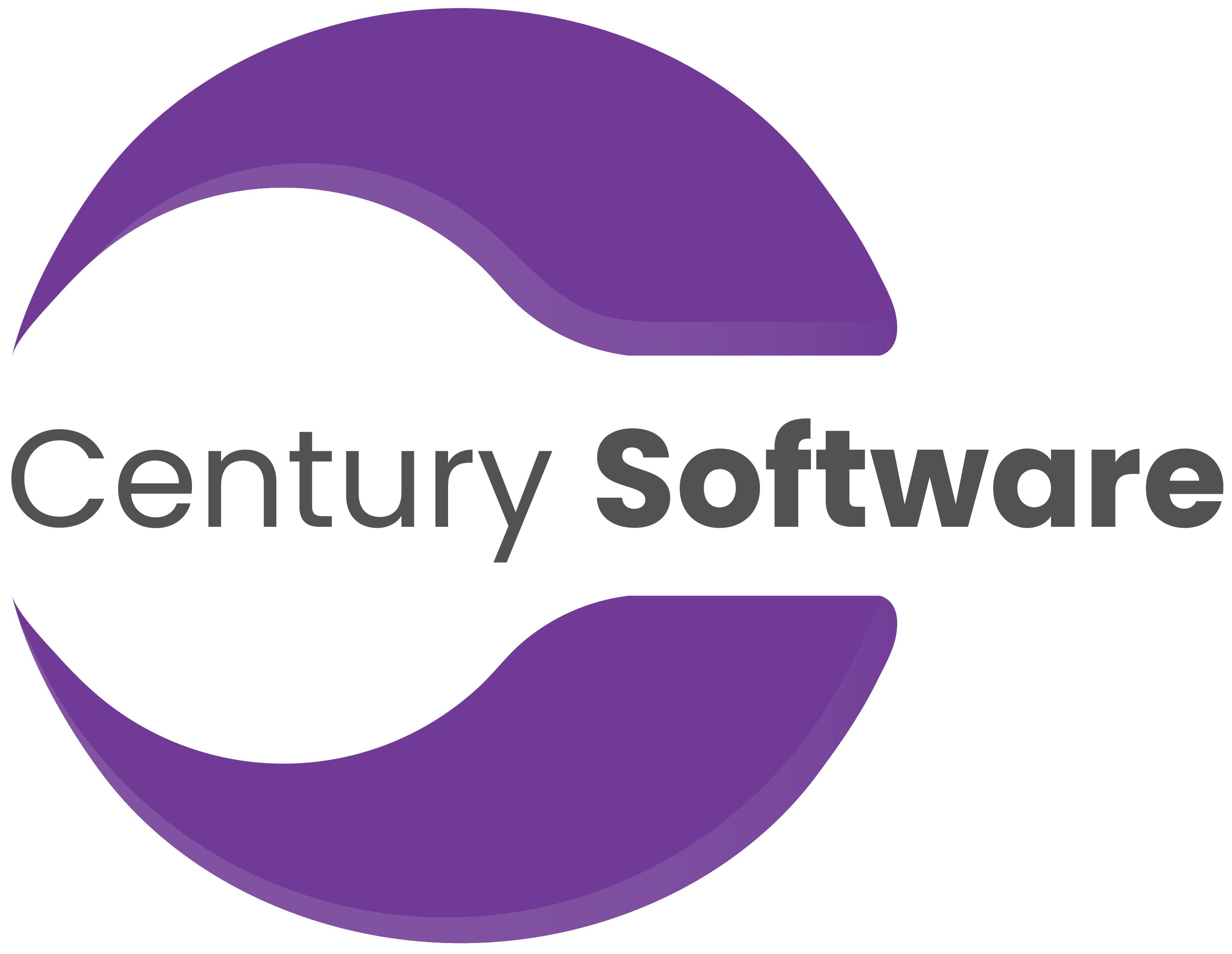How Business Management Software Simplifies Operations for CPA Firms
In today’s complex financial landscape, Certified Public Accounting (CPA) firms face growing challenges — from handling large volumes of client data to meeting compliance deadlines and ensuring accuracy in every report. The workload can be overwhelming, especially when teams rely on outdated systems or manual processes.
To stay competitive and efficient, many CPA firms are turning to business management software — an integrated digital solution that streamlines workflows, automates repetitive tasks, and enhances collaboration across departments.
Let’s explore how business management software transforms the way CPA firms operate, reduces administrative burdens, and helps professionals focus on what matters most: delivering value to their clients.

Understanding Business Management Software
Business management software is an all-in-one platform designed to manage and optimize an organization’s core operations. It integrates various functions — such as project management, workflow automation, client relationship management, document storage, billing, and reporting — into a single cohesive system.
For CPA firms, this means less time spent on juggling multiple tools and more time focusing on productivity and client service.
Unlike traditional spreadsheets or standalone applications, a modern business process management system connects data across departments, enabling accountants,
auditors, and administrative staff to collaborate efficiently. This level of integration is vital in a profession where accuracy, timeliness, and compliance are non-negotiable.
The Operational Challenges Faced by CPA Firms
CPA firms operate in a high-pressure environment where precision and deadlines are crucial. Some of the most common operational challenges include:
- Manual data entry and duplication of effort across different tools and systems
- Time-consuming workflows for approvals, reconciliations, and reporting
- Difficulty tracking projects and team performance across clients and engagements
- Compliance and audit preparation that require meticulous documentation
- Inefficient communication between departments or remote teams
These issues can lead to wasted time, higher operational costs, and potential errors that affect client satisfaction. That’s why more firms are embracing business process management software to bring structure, automation, and real-time visibility to their operations.
How Business Management Software Simplifies CPA Firm Operations
1. Automated Workflow Management
CPA firms manage hundreds of ongoing engagements — from tax filings and audits to financial reviews and consulting projects. Keeping track of all these tasks manually can lead to missed deadlines or duplicated efforts.
Business management software introduces automation into everyday workflows. Tasks such as document approvals, data imports, and client reminders can be automated, ensuring no step is overlooked.
For instance, once a tax return is submitted for review, the system can automatically notify the manager, assign next steps, and update the project status. This eliminates bottlenecks and keeps every engagement on track.
2. Centralized Data and Document Management
CPA firms deal with vast amounts of data — financial statements, tax returns, client correspondence, and audit reports. Managing this information through scattered folders or emails leads to inefficiencies and version control issues.
A business process management system centralizes all documents in one secure, searchable location. Team members can access the latest versions instantly, whether they’re in the office or working remotely.
Moreover, data security and compliance are strengthened through role-based access, encryption, and automated backup features — essential for firms handling confidential financial information.
3. Real-Time Collaboration
Modern accounting work is highly collaborative. Teams often need to coordinate between tax experts, auditors, consultants, and clients. Business management software enhances collaboration through shared dashboards, real-time chat, and task updates.
Instead of long email threads or disconnected spreadsheets, teams can work together on a unified platform where everyone sees progress, pending approvals, and upcoming deadlines. This transparency improves accountability and ensures nothing falls through the cracks.
4. Accurate Time Tracking and Billing
For CPA firms, time equals revenue. Tracking billable hours accurately is critical for profitability. Many firms still rely on manual timesheets, which are prone to errors and inconsistencies.
Business management software simplifies this with built-in time tracking and automated billing features. Employees can log their hours directly within the platform, and the system can generate invoices automatically based on engagement type, client agreements, or hourly rates.
This not only reduces administrative workload but also ensures that firms capture every billable minute — improving overall cash flow
5. Enhanced Compliance and Audit Readiness
Compliance is at the heart of every CPA firm’s operations. Managing regulatory filings, tax submissions, and audit documentation manually increases the risk of oversight.
Business process management software ensures that compliance checklists, document trails, and approval logs are systematically recorded. This digital audit trail simplifies review processes and helps firms demonstrate compliance with industry standards and client requirements.
Additionally, built-in reminders for tax deadlines or regulatory updates keep teams proactive instead of reactive — a crucial advantage during peak filing seasons.
6. Data-Driven Insights and Reporting
Decision-making in accounting relies heavily on data accuracy. A modern business management software platform includes powerful analytics and reporting tools that provide insights into firm performance.
From profitability by client to project turnaround times, partners can access key performance indicators (KPIs) in real-time. These insights help firms identify inefficiencies, allocate resources effectively, and improve strategic planning.
By leveraging data analytics, CPA firms can shift from reactive problem-solving to proactive business optimization.
7. Scalability and Flexibility
As CPA firms grow, managing more clients and engagements becomes increasingly complex. A scalable business process management system supports growth by accommodating new users, departments, and processes without disrupting existing workflows.
Cloud-based solutions, in particular, enable flexibility — allowing teams to work seamlessly across multiple offices or remote setups. This scalability ensures that firms can expand operations efficiently without increasing administrative overhead.
The Benefits at a Glance
Implementing business management software delivers measurable benefits for CPA firms:
- Streamlined workflows and automated routine tasks
- Centralized data and document management
- Improved team collaboration and communication
- Accurate time tracking and invoicing
- Stronger compliance and audit readiness
- Data-driven insights for better decision-making
- Scalable infrastructure for business growth
With these advantages, CPA firms can reduce operational inefficiencies, enhance service delivery, and improve profitability — all while maintaining accuracy and compliance.
The Role of Business Process Management in Firm Success
A modern CPA firm thrives on consistency, transparency, and efficiency — and business process management software plays a vital role in achieving this. By mapping out every key process — from client onboarding to report delivery — the system ensures that every task follows a standardized, repeatable workflow.
This structure minimizes human error, reduces rework, and enables partners to monitor performance across engagements. In essence, a well-implemented business process management system turns a CPA firm’s operations into a finely tuned engine that runs efficiently and predictably.
Final Thoughts
In an industry driven by accuracy, deadlines, and client trust, business management software provides the structure and intelligence CPA firms need to thrive. It simplifies complex processes, enhances collaboration, and enables firms to focus on advisory and analytical work rather than administrative burdens.
By adopting modern Business Process Management System (BPMS) for Business Needs, CPA firms can not only improve internal efficiency but also strengthen client relationships and position themselves as forward-thinking leaders in the financial services space.
Ready to Simplify and Streamline Your Firm’s Operations?
Take your CPA firm to the next level with Century Software — a trusted partner in digital transformation.
Our cutting-edge business management software helps accounting professionals automate workflows, manage clients seamlessly, and stay compliant with evolving regulations. With customizable modules and real-time analytics, you’ll have everything you need to operate more efficiently and profitably.
Empower your CPA firm with Century Software — where technology meets precision. Contact us today to get started.
Frequently Asked Questions
Q1: What is business management software for CPA firms?
Business management software for CPA firms is an integrated solution that streamlines operations — from client management and billing to project tracking and reporting. It
centralizes key functions, helping firms save time, reduce errors, and enhance client service.
Q2: How does business management software improve efficiency for accountants?
By automating repetitive tasks like invoicing, time tracking, and report generation, business management software reduces manual effort. It allows accountants to focus on strategic advisory work, improving productivity and overall operational efficiency.
Q3: What are the essential features CPA firms should look for?
Key features include workflow automation, document management, time and billing tools, client portals, and real-time analytics. These capabilities ensure smoother collaboration, accurate financial tracking, and better project visibility across teams.
Q4: How does business management software support better decision-making?
The software provides data-driven insights through dashboards and reports, helping CPA firms analyze profitability, monitor cash flow, and identify performance trends. This leads to smarter, faster, and more informed business decisions.
Q5: Why is business management software critical for modern CPA firms?
With increasing client demands and complex compliance requirements, CPA firms need tools that simplify operations. Business management software unifies financial, operational, and client data — improving accuracy, accountability, and scalability.

